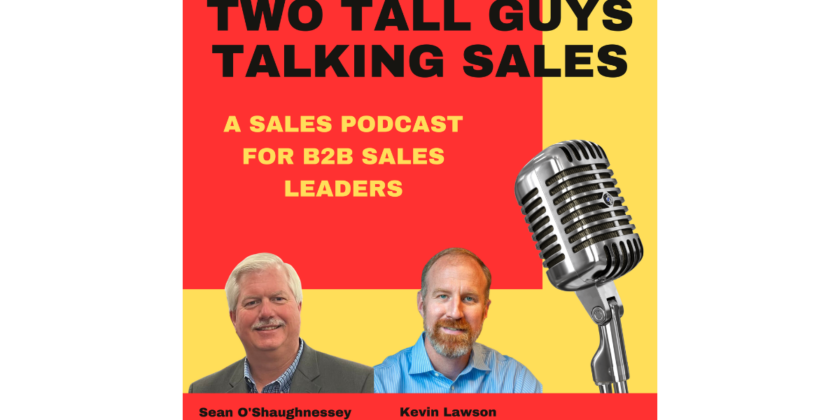The adage “knowledge is power” holds undeniable truth. The ability to meticulously document and retain client information and sales opportunities is a cornerstone for cultivating a thriving sales environment. This necessity spans industries, transcending the boundaries of size and scope within organizations. For sales professionals, sales managers, and CEOs of smaller companies, mastering this aspect of sales operations can be the difference between merely surviving and truly flourishing in today’s competitive marketplace.
The foundation of a robust sales strategy is not only in its execution but also in its preparation and follow-through. Every interaction with a client or a potential lead is a gold mine of insights, preferences, and feedback, which, when documented diligently, can illuminate the path to more personalized, effective, and, thus, successful sales efforts. This approach ensures that if a salesperson were to transition roles within a company or leave the organization altogether, the continuity of relationship and understanding with the client would not depart with them.
The challenge many organizations face is not the lack of data but its sprawl across disparate systems—from CRMs to email threads, from note-taking apps to spreadsheets. This fragmentation makes information retrieval laborious and increases the risk of valuable insights slipping through the cracks. It underscores the importance of having a centralized system where all client interactions, from the casual check-in to the formal proposal, are documented meticulously.
For sales managers and CEOs, particularly of smaller firms or those in the nascent stages of establishing their sales processes, the emphasis should be on creating a culture where data documentation is valued as much as the sale itself. This might involve training, implementing user-friendly CRM systems, and perhaps leading by example. The objective should be to make the documentation process as seamless and integrated into the sales process as possible, minimizing it as a perceived chore and underscoring it as a vital tool for success.
Moreover, the utility of well-maintained records extends beyond the immediate sales cycle. It provides a historical context that can be invaluable for forecasting, product development, marketing strategies, and customer service. It enables a level of personalization in client interactions that can significantly enhance client satisfaction and loyalty, serving as a competitive edge in today’s market where personal touch can be a differentiating factor.
Emphasizing data integrity and documentation is paramount to crafting a repeatable sales process. A repeatable process is not merely about replicating actions but about ensuring that each step is informed by the accumulated knowledge of past interactions, market trends, and client feedback. It’s about building a repository of intelligence that can guide current and future sales strategies.
For sales professionals, managers, and CEOs, particularly in smaller companies, the imperative to document and retain client information and sales opportunities cannot be overstated. It is a critical strategy for capturing sales and creating sustainable, growth-oriented sales operations.
Immediate action items that you can take regarding this article
- Conduct a CRM Audit: Review your current CRM setup to ensure it aligns with your sales process. Identify any gaps in data capture, especially in the areas of client information and sales opportunities. Ensure that your CRM supports custom fields relevant to your sales process and that the sales team can easily enter and access all necessary information.
- Standardize Data Entry Practices: Develop a concise guide outlining the standard operating procedure for data entry into your CRM. This should include guidelines for recording client interactions, the minimum information required to create new contacts and leads, and how to update opportunities. Distribute this guide to your sales team and incorporate it into your onboarding process for new hires.
- Implement Regular Data Cleaning Sessions: Schedule monthly data cleaning sessions to review and cleanse the CRM database. This could involve checking for duplicate records, ensuring all client interactions are up-to-date, and verifying that sales opportunities are accurately documented. Engaging the sales team in this process helps to highlight the importance of data accuracy and encourages compliance with data entry practices.
- Enhance Sales Process Training: Organize a training session focused on the sales process, emphasizing the importance of documenting client information and sales opportunities. Use real-life examples to demonstrate how effective use of the CRM system can lead to improved sales outcomes. Encourage the sales team to share their experiences and best practices for managing client information and tracking sales opportunities.
By taking these steps, readers can immediately start improving their sales operations’ efficiency, ensuring that client information and sales opportunities are accurately captured and managed. This will enhance the sales process and provide a solid foundation for strategic decision-making and future growth.







